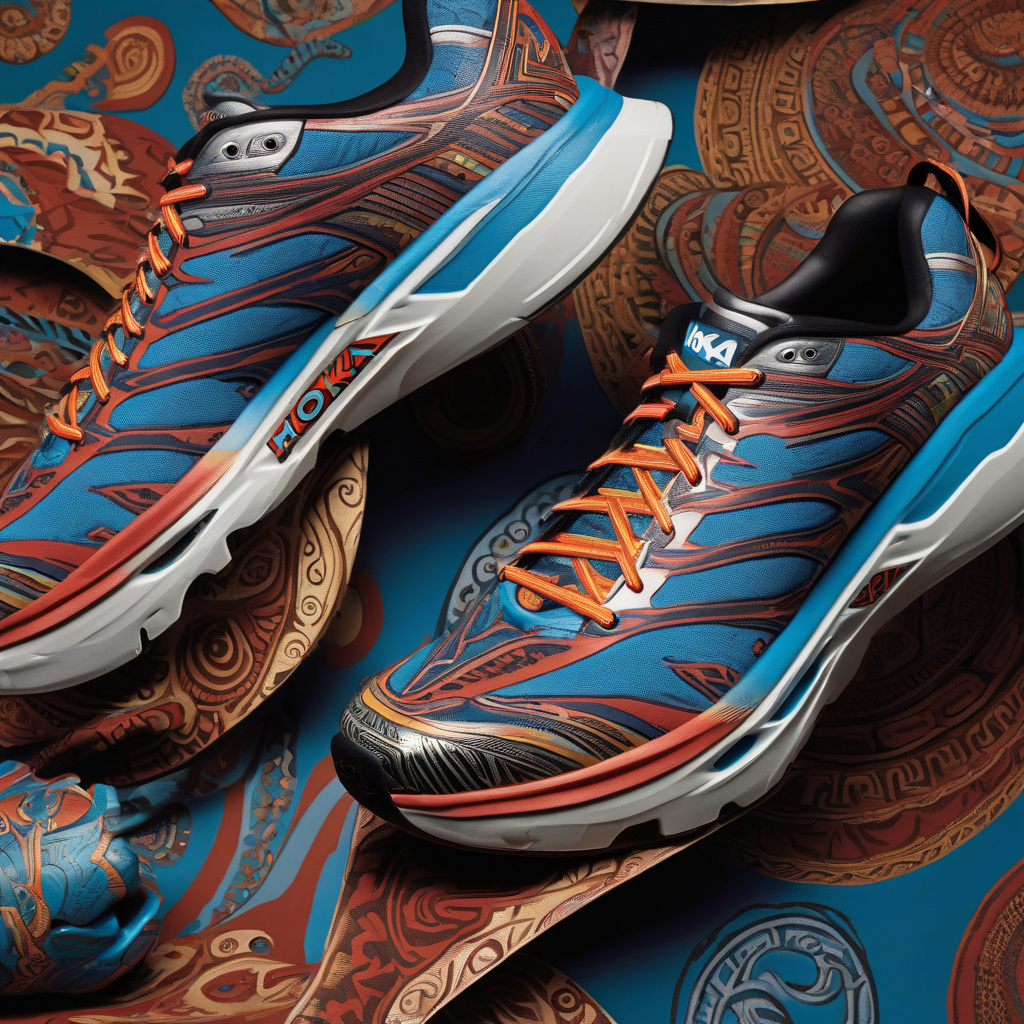Running Shoe Brand Hoka Accused of Misappropriating Māori Culture
Hoka, the popular French American sportswear company, has recently found itself in hot water as it faces allegations of misappropriating Māori culture. Indigenous intellectual property experts in New Zealand have accused the brand of failing to acknowledge the Māori origins of its name, sparking a debate on cultural appropriation in the fashion industry.
The controversy surrounding Hoka stems from the fact that “Hoka” is a Māori word that translates to “to fly” or “to soar.” The brand, known for its innovative running shoes that provide an ultra-cushioned ride, has built a strong reputation among athletes and fitness enthusiasts worldwide. However, the failure to recognize the cultural significance of the name has raised concerns among the Māori community and advocates for cultural sensitivity.
In recent years, there has been a growing awareness of the importance of respecting indigenous cultures and traditional knowledge. The issue of cultural appropriation, where elements of a minority culture are adopted by members of a dominant culture without proper acknowledgment, has been a point of contention in various industries, including fashion, music, and art.
Indigenous intellectual property experts argue that by using the Māori word without acknowledging its origins, Hoka is erasing the cultural heritage of the Māori people and exploiting their language for commercial gain. This raises questions about the ethical responsibilities of companies when it comes to incorporating elements of indigenous cultures into their branding and marketing.
The case of Hoka serves as a reminder of the need for greater cultural awareness and sensitivity in the business world. As companies expand their reach into global markets, they must navigate the complexities of cultural diversity and ensure that they are not inadvertently perpetuating harmful stereotypes or exploiting marginalized communities.
In response to the allegations, Hoka has stated that they are committed to respecting and honoring all cultures and that they are actively engaging with the Māori community to address the concerns raised. The brand has emphasized its dedication to inclusivity and diversity and has expressed a willingness to work towards a more culturally sensitive approach in the future.
Moving forward, it is essential for companies like Hoka to take proactive steps to educate themselves about the cultural significance of the elements they incorporate into their products. By consulting with indigenous communities, conducting thorough research, and being transparent about their sources of inspiration, brands can avoid the pitfalls of cultural appropriation and foster more meaningful relationships with diverse audiences.
In conclusion, the accusations against Hoka highlight the importance of cultural respect and recognition in the corporate world. As companies strive to engage with global audiences and draw inspiration from different cultures, they must do so in a way that is ethical, authentic, and inclusive. By embracing cultural diversity and upholding the values of cultural appreciation, brands can not only avoid controversies but also contribute to a more harmonious and respectful society.
Hoka, Māori, cultural appropriation, indigenous rights, diversity and inclusion












